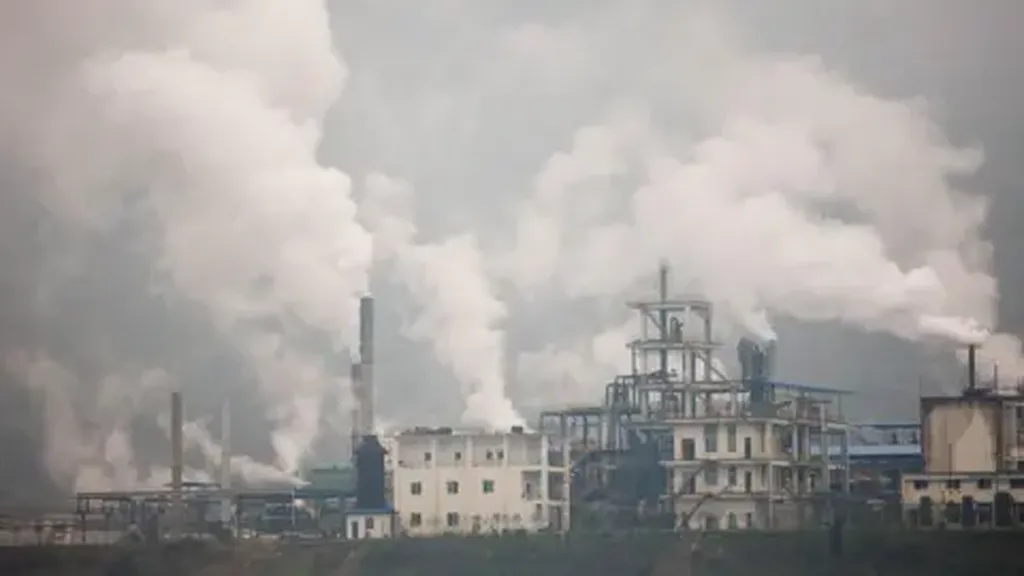In the heart of China’s ambitious “zero-waste city” (ZWC) initiative, a groundbreaking study led by Qifei Huang from the Chinese Research Academy of Environmental Sciences in Beijing is reshaping the landscape of industrial solid waste (ISW) management. Published in the journal *Circular Economy* (which translates to *循环经济* in Chinese), the research offers a nuanced look at how different types of cities are tackling the challenge of waste reduction and resource recovery, with significant implications for the energy sector and beyond.
China’s ZWC pilot program, launched in 2018, has spurred innovative practices in ISW management, tailored to the unique industrial contexts of various urban areas. Huang and his team categorize cities into three distinct types—resource-output, manufacturing-oriented, and comprehensive—and propose targeted strategies for each.
Resource-output cities, often characterized by mining and resource extraction, are focusing on ecological restoration. “By transforming abandoned mining sites and repurposing waste materials, these cities are not only restoring degraded environments but also creating new economic opportunities,” explains Huang. This approach not only reduces waste but also supports local economic development, a win-win for both the environment and the community.
Manufacturing-oriented cities, on the other hand, are prioritizing green industrial upgrades and circular economy models. These cities are enhancing the comprehensive utilization of waste, reducing waste generation intensity, and fostering market competitiveness for recycled products. “The goal is to create a closed-loop system where waste is minimized, and resources are continuously recycled,” says Huang. This shift towards sustainability can lead to significant cost savings and new business opportunities for manufacturers.
Comprehensive cities, typically large urban centers, are leveraging digital technologies to optimize the precision management of ISW. By enhancing regulatory efficiency and resource utilization, these cities are setting a new standard for waste management. “Digital technologies are revolutionizing the way we manage waste,” notes Huang. “They allow us to track and manage waste more efficiently, reducing costs and improving outcomes.”
The targeted approaches implemented thus far have led to measurable reductions in ISW generation, improved resource recovery, and notable economic co-benefits. These insights from China’s evolving ZWC framework not only contribute to a more sustainable and efficient waste management system domestically but also provide a valuable reference for international regions seeking to integrate industrial development with environmental protection.
For the energy sector, the implications are profound. As cities strive to reduce waste and improve resource recovery, there is a growing opportunity to harness waste as a valuable resource for energy production. This shift towards a circular economy can lead to new business models and revenue streams, driving innovation and growth in the energy sector.
The research by Huang and his team offers a compelling vision for the future of waste management, one that is tailored to the unique needs and challenges of different urban contexts. As cities around the world grapple with the growing challenge of waste management, the insights from China’s ZWC initiative provide a valuable roadmap for achieving sustainability and economic growth. With the publication of this study in *Circular Economy*, the stage is set for a global dialogue on the future of waste management and the role of the energy sector in driving this transformation.

